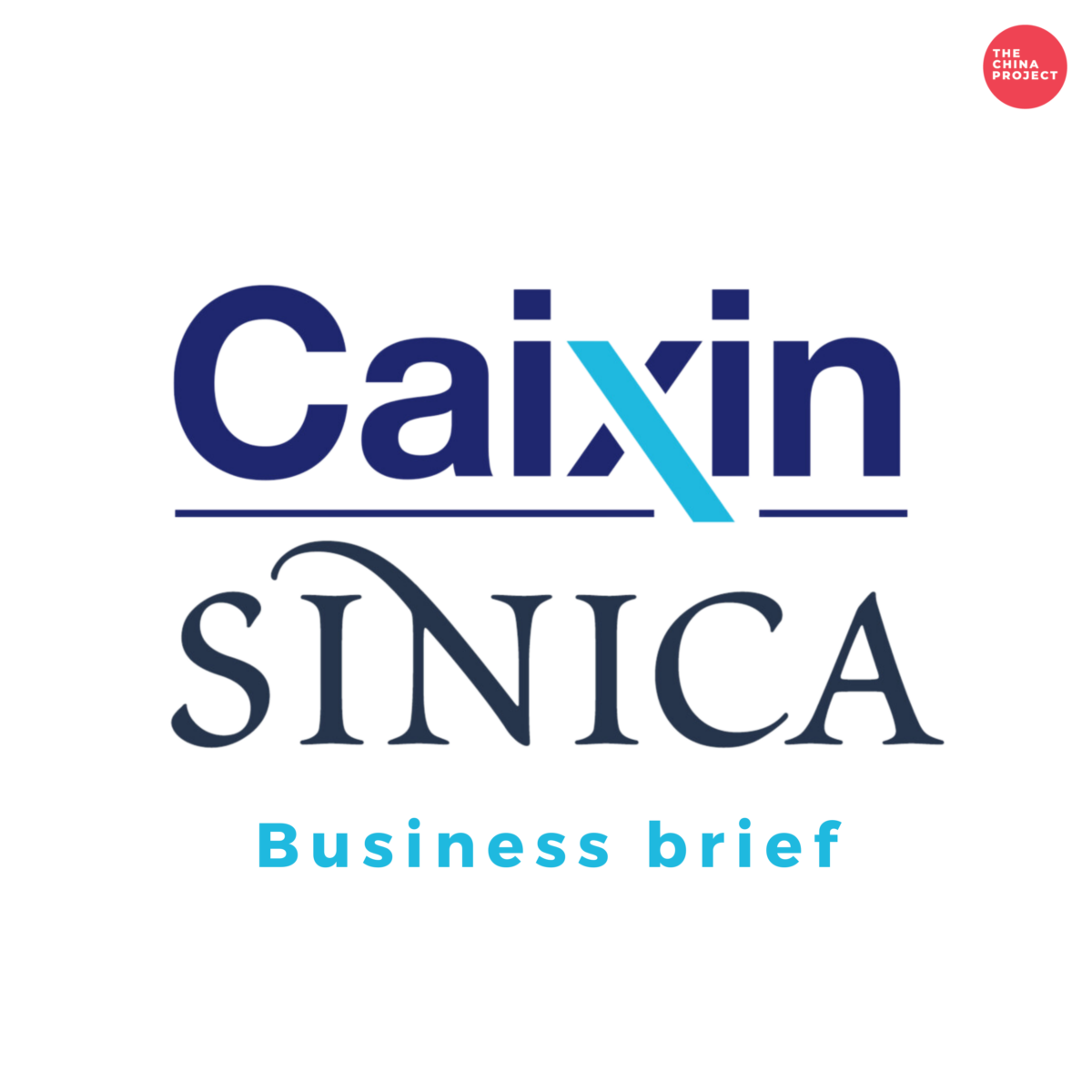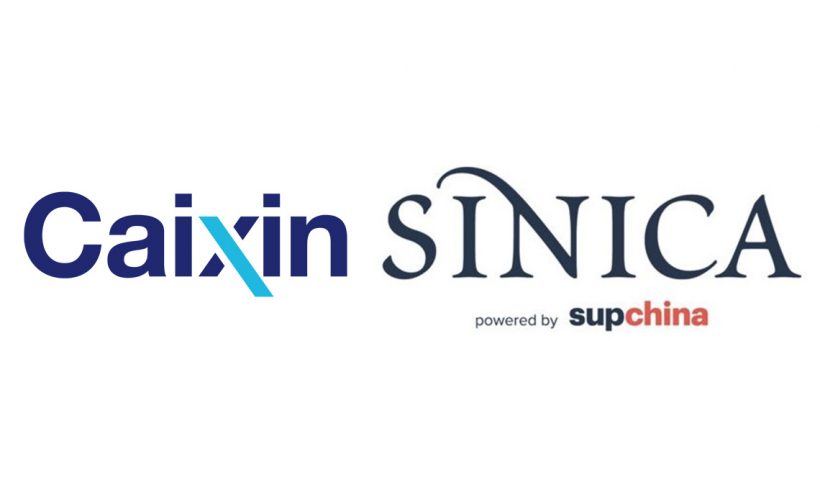Welcome to the 92nd installment of the Caixin-Sinica Business Brief, a weekly podcast that brings you the most important business stories of the week from China’s top source for business and financial news. Produced by Kaiser Kuo of our Sinica Podcast, it features a business news roundup, plus conversations with Caixin reporters and editors.
This week:
- We discuss Beijing’s recent report of the lowest level of air pollutants in the first half of this year since the city started recording related data 35 years ago, reflecting years-long efforts to combat air pollution.
- We note that Google has removed around 60 apps developed by the Shanghai-based, U.S.-listed software firm CooTek from its Play store and banned the company from its advertising platform, Google AdMob, for allegedly engaging in malicious ad practices.
- We find out that after German carmaker BMW announced that it is extending its collaboration with high-precision map producer NavInfo, the company is now teaming up with Chinese internet giant Tencent to use big data to research and develop autonomous driving technologies.
- We report the new partnership between China’s ecommerce colossus Alibaba and Sinopharm, one of the country’s major drug companies, to dispense over-the-counter medicines.
- We hear that Vietnam’s container throughput surpassed Hong Kong’s in the first half of this year, possibly in part due to trade diversion amid the trade war between China and the U.S.
- We analyze Google’s cancellation of plans to launch a censored version of its search engine in China, according to a company executive.
- We chat about China’s dominant ride-hailing company, Didi Chuxing, which held a press conference to convince the public of the safety of its Hitch carpool service a year after two women were murdered by their drivers in separate incidents.
In addition, we talk with Tanner Brown, co-producer of this podcast and head of breaking news for Caixin Global, about China’s plan to replace the country’s zip codes with unique location data generated by three-dimensional mapping technology, in the hopes of lowering delivery costs and speeding up the development of automated delivery services.








